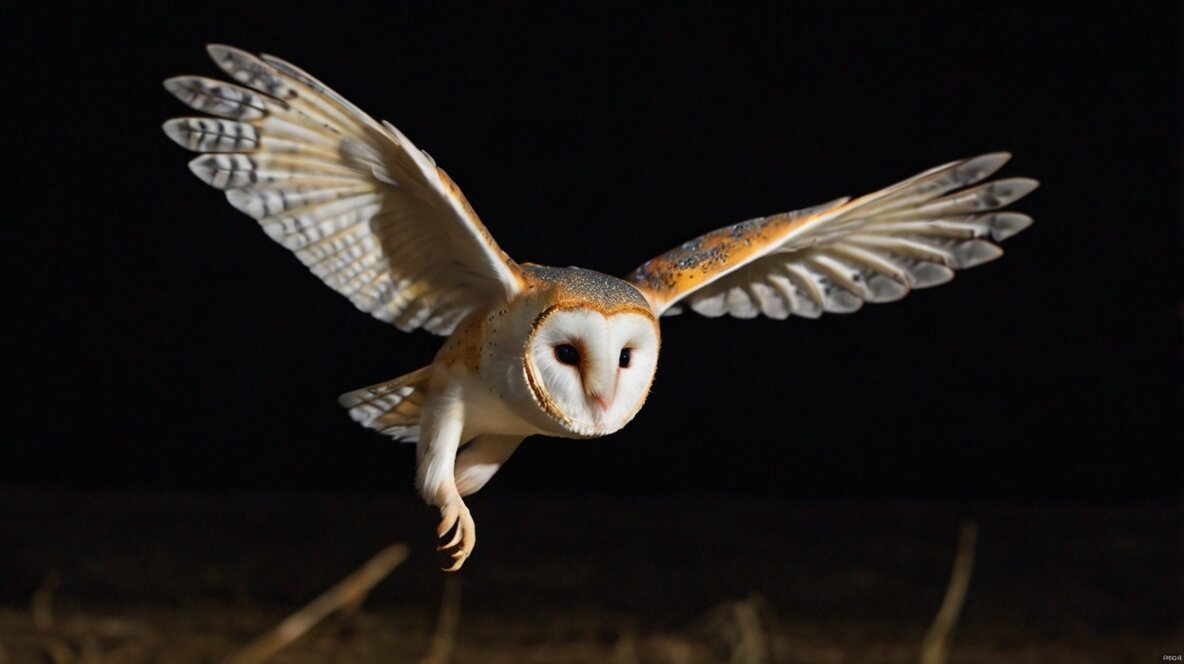Table of Contents
Catseat spicy food, cats are curious creatures, often showing interest in the foods their humans consume, including spicy dishes. But is it safe for them to indulge in spicy foods? This comprehensive guide, based on vet-approved advice, will explore whether cats should eat spicy food, its potential risks, and healthy alternatives for your feline friends.
Understanding a Cat’s Diet
Cats eat spicy food. cats, as obligate carnivores, require a diet high in animal-based proteins. Their bodies are designed to process meat efficiently, and they derive the majority of their nutrients from it. Unlike omnivores such as humans, cats have specific dietary needs that should be met primarily through high-quality cat food or meat-based treats.
What is Spicy Food?
Spicy foods contain ingredients that create a burning sensation when consumed. These foods often include spices like chili, pepper, and garlic, which can have a significant impact on the digestive system of animals. While many humans enjoy the heat and flavor that these ingredients add to their meals, they are not suitable for cats, who may suffer adverse reactions to these strong flavors.
The Natural Diet of Cats
A cat’s natural diet in the wild consists mainly of small prey like rodents, birds, and insects. These provide the protein and fats necessary for their well-being. Carbohydrates and plant-based foods play a very minor role in their diet, and there is no natural reason for cats to consume spices, which are not found in their typical prey.
Why Cats May Be Attracted to Spicy Food
Though cats cannot truly taste spicy food the way humans can, they may still show interest due to the strong smell of certain spices or the behavioral cues they pick up from their owners.
Cat’s Sense of Taste vs. Humans
Cats eat spicy food, and have fewer taste receptors than humans, especially when it comes to sweet and spicy flavors. While humans can appreciate the complex flavors of spicy food, cats are primarily attracted to the fat or meat components of these dishes, not the heat itself.
Behavioral Reasons Cats May Eat Spicy Food
Sometimes, cats will sample spicy food out of curiosity, especially if they see their owners enjoying it. Cats are known for mimicking behaviors, and they may also accidentally consume spicy food left unattended.
Can Cats Eat Spicy Food?
A cat’s digestive system is not built to handle spicy food. While a small amount might not cause immediate harm, spicy ingredients can lead to discomfort and digestive issues in cats.
Spices and Cats’ Digestive Systems
Capsaicin, the compound that gives chili peppers their heat, can irritate a cat’s digestive system. This can lead to symptoms like vomiting, diarrhea, and overall gastrointestinal distress.
Short-term Effects of Spicy Food on Cats
If cats eat spicy food, the immediate effects may include drooling, excessive thirst, and stomach discomfort. In more severe cases, vomiting or diarrhea may occur, which are signs of irritation to the digestive tract.
Long-term Health Risks of Feeding Cats Spicy Food
Feeding a cat spicy food regularly can result in more severe gastrointestinal problems, such as ulcers or chronic inflammation of the stomach lining. Prolonged irritation can also affect a cat’s overall health, including its immune and digestive systems.
Spices to Avoid for Cats
Some spices are particularly dangerous for cats and should be kept far out of reach.
Harmful Spices for Cats
Garlic and onions, even in small amounts, are highly toxic to cats and can lead to serious health issues, such as anemia. Other spices like chili powder, black pepper, and cumin can cause irritation and discomfort.
What to Do if Your Cats Eat Spicy Food
If your cat accidentally consumes spicy food, there are steps you should take to ensure their health.
Immediate Actions to Take
First, assess how much spicy food your cat has eaten. If they show signs of discomfort, such as vomiting or excessive drooling, contact your veterinarian. Offering them water can help soothe the immediate discomfort.
Long-Term Health Monitoring
After an incident of spicy food consumption, monitor your cat closely for changes in appetite, energy levels, and digestive habits. If symptoms persist, seek veterinary attention.
Healthy Alternatives to Spicy Treats for Cats
Cats don’t need spicy food to enjoy their meals. There are plenty of healthy alternatives that are safe and nutritious.
Vet-Approved Treats for Cats
Look for treats specifically designed for cats that meet their nutritional needs. These treats often contain high-quality protein and are free from harmful additives.
Vet-Recommended Practices for Feeding Cats
Ensuring that your cat has a balanced diet is essential to maintaining their health.
How to Create a Balanced Diet for Cats
A diet rich in protein, with limited carbohydrates, is ideal for cats. Avoid giving them human food, especially those with spices or additives.
The Role of Hydration in Cat Health
Ensure that your cat has access to fresh water at all times, especially if they accidentally consume spicy food, as it can help flush out irritants from their system.
Conclusion
In conclusion, cats should not eat spicy food. While cats may be curious about the smells and textures of your spicy dishes, their digestive systems are not equipped to handle the heat or ingredients commonly found in these foods. Spices such as chili, pepper, garlic, and onions can cause short-term discomfort and pose long-term health risks, including gastrointestinal issues and toxicity. It is crucial to keep spicy foods out of reach and offer healthy, vet-approved alternatives that cater to their unique nutritional needs. If your cat accidentally consumes spicy food, monitor their behavior closely and consult a veterinarian if symptoms persist. By maintaining a balanced diet and understanding your cat’s dietary limitations, you can ensure their health and well-being for years to come.
FAQs
Can cats taste spicy food?
No, cats do not have the taste receptors to detect spiciness, but they may be drawn to the smell of spicy foods.
What happens if a cat eats spicy food?
A cat that eats spicy food may experience symptoms such as vomiting, diarrhea, or excessive thirst due to digestive irritation.
How can I tell if my cat has eaten something spicy?
Look for signs like drooling, pawing at their mouth, or increased water consumption. These are indicators that something spicy may have caused discomfort.
What should I do if my cat ate spicy food?
If your cat accidentally eats spicy food, offer them water and monitor for symptoms like vomiting or diarrhea. If symptoms persist, contact your veterinarian.
Are any spices safe for cats?
Most spices are not safe for cats, and it is best to avoid feeding them any food that contains seasoning.
Can spicy food cause long-term health issues for cats?
Yes, repeated consumption of spicy food can cause long-term digestive issues, including chronic stomach irritation or ulcers.



